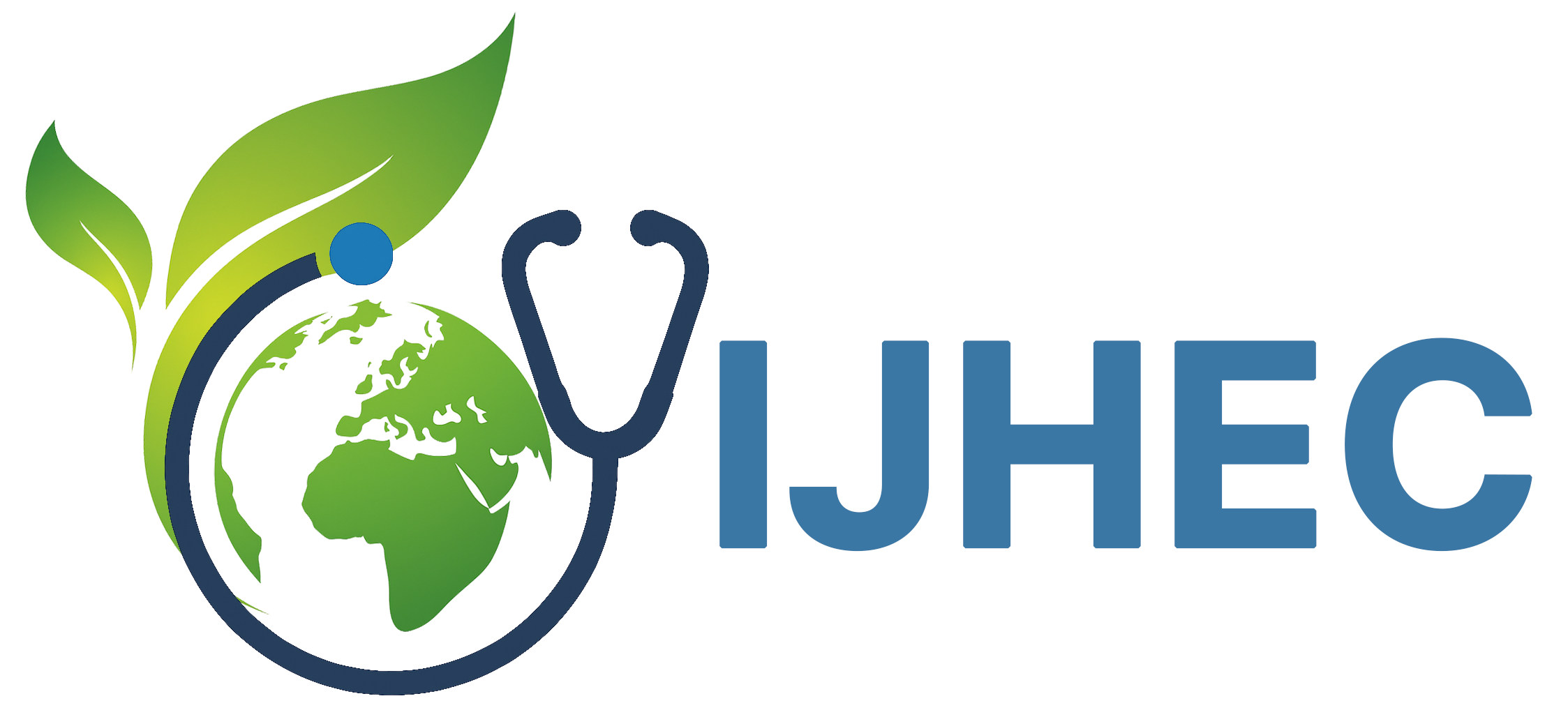Peer Review Policy
The Interdisciplinary Journal of Health, Environment and Computation upholds the highest standards of academic integrity by implementing a rigorous double-blind peer review process. In this system, the identities of both authors and reviewers are concealed throughout the review cycle to ensure impartiality, transparency, and objective evaluation.
Initial Editorial Assessment
The Interdisciplinary Journal of Health, Environment and Computation upholds the highest standards of academic integrity by implementing a rigorous double-blind peer review process. In this system, the identities of both authors and reviewers are concealed throughout the review cycle to ensure impartiality, transparency, and objective evaluation.
Reviewer Selection
Reviewers are carefully chosen based on their subject-area expertise across health sciences, environmental studies, and computational technologies. The selection process emphasizes ethical neutrality, and conflicts of interest are avoided by considering the reviewers’ professional associations and prior collaborations. All reviewers are expected to adhere to the ethical standards set by the Committee on Publication Ethics (COPE).
Review Timeframe
The standard duration for peer review is approximately 4 to 5 weeks. This may vary depending on manuscript complexity and reviewer availability. In cases of delay, authors will be informed proactively.
Review Outcomes
Following peer review, one of the following decisions will be communicated to the authors:
- Unconditional Acceptance – The manuscript is accepted with or without minor editorial changes.
- Conditional Acceptance – The manuscript requires specific revisions; final acceptance depends on satisfactory modifications and responses to reviewers’ feedback.
- Reject with Resubmission Option – The manuscript is declined in its current form but may be reconsidered after substantial revision.
- Outright Rejection –The manuscript is rejected due to major methodological flaws, ethical concerns, lack of originality, or insufficient contribution.
Final Editorial Decision
The Editorial Board of the Journal holds the final authority on all publication decisions. These are made after careful consideration of peer review reports, author responses, and the overall scientific contribution of the manuscript to the journal’s mission.
